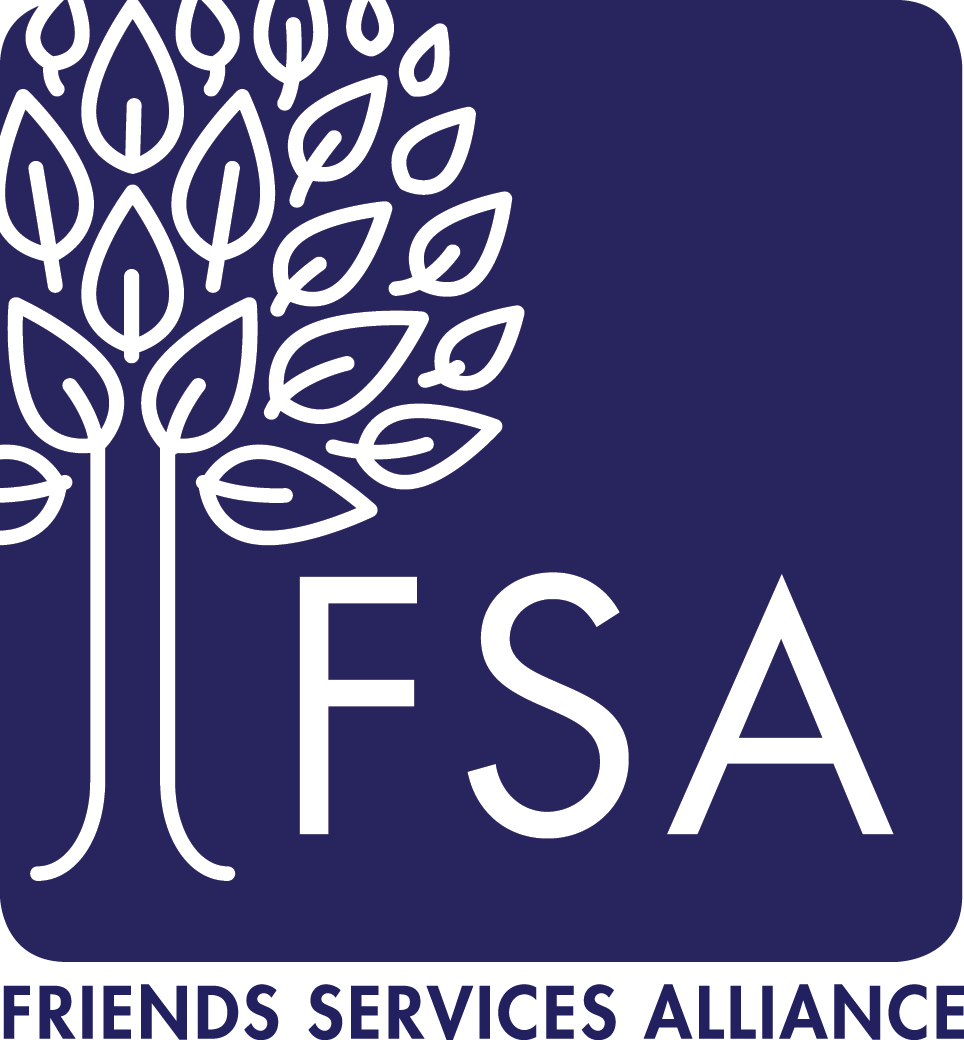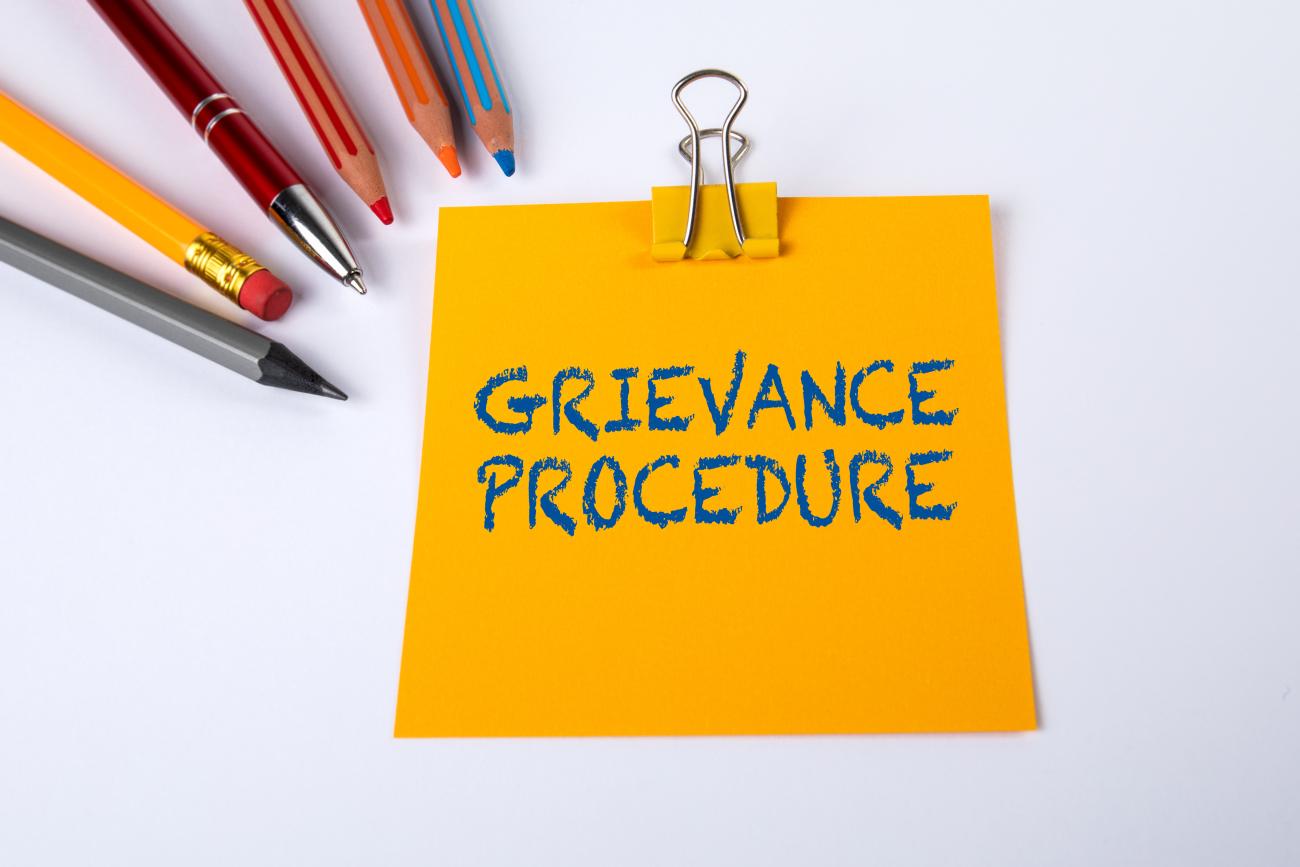The Benefits of a Good Grievance Management Process
Grievance management in the continuing care environment is critical in so many ways, influencing compliance, resident satisfaction and safety, and facility reputation.
Prevent legal action. Fostering an environment in which residents feel heard and respected allows communities to address complaints before they reach a level where citations and penalties are on the table. (Also, keep in mind that failing to address complaints can result in unhappy or even angry residents and family members – and today, that means risking a lot of negative buzz on social media.)
Improve compliance programs. A well-organized and well-documented grievance process also provides a wealth of information that can be used to promote positive change. Grievance information can identify where policies aren’t being followed and where further education or training might be beneficial.
What Does CMS Require?
CMS §483.10(j) Grievances states that residents have the right to voice complaints related to care and treatment, the behavior of staff and other residents, and “other concerns” regarding their experience, without fear of discrimination or reprisal. While this regulation only applies to skilled nursing facility areas of the community, it’s still very important to follow grievance management processes throughout the entire CCRC.
Specific guidance from CMS includes the following:
- Residents have the right to voice grievances in writing or verbally, and to do so anonymously.
- Facilities must make a prompt effort to investigate and resolve grievances, keeping the resident updated on progress and providing a written response if the resident wishes.
- Facilities must maintain a tracking system for grievances, retaining documentation of grievance results for 3 years.
Designate a Grievance Official
CMS also requires that long-term care organizations identify a Grievance Official to manage the grievance process. The Grievance Official is responsible for overseeing investigations, maintaining resident privacy, responding formally to resident complaints, and coordinating with state and federal agencies it the complaint involves a violation.
Make sure to share the Grievance Official’s contact information with residents and staff, as well as contact information for other entities where residents can report complaints (e.g., state Department of Health or Ombudsman).
Educating Staff on Receiving Complaints
All staff need to be prepared to receive complaints about pretty much anything, any time.
Staff should know where to find grievance forms, and be aware that unless a complaint is minor and can be resolved immediately, the grievance process will be necessary. They should let their supervisors know about any complaints, and involve them when they feel they can’t handle the complaint on their own.
Give staff pointers on communication tactics for handling difficult situations, such as:
- Stay calm, listen, maintain eye contact, and don’t interrupt.
- Repeat back the concern, and give the resident an opportunity to clarify.
- Avoid being defensive or argumentative.
- If something cannot be resolved immediately, assure the resident their concern will be brought to someone else who can address it.
Handling a Complaint that May Indicate Abuse
Many complaints are minor (the mashed potatoes were chunky; a visitor was too loud). But sometimes they identify possible instances of abuse, neglect, or misappropriation of a resident’s property.
Any allegations of this nature need to be reported to the appropriate agencies and handled according to the protocol identified in the facility’s abuse policy and the regulatory guidance of the organization.
Grievances Involving Abuse: Be Aware of these Potential Shortfalls
FSA has identified some areas of concern in handling complaints involving abuse. Avoid these potential missteps:
- Injuries of unknown or suspicious origin (especially bruises) not being reported or thoroughly investigated
- Complaints related to “abusive” or rough treatment not being reported or thoroughly investigated
- Missing items not being reported as alleged theft or misappropriation
- Inadequate postings and education related to abuse and the Elder Justice Act
- Failure of policy to define abuse related to social media; limited education to staff
- Investigations lacking clear documentation of:
- Timeline and summary
- Decision of leadership as to whether abuse was ruled out and why
- Evidence of corrective actions
- Steps to prevent similar or further incidents in the future
Final Thought: Apologies Go a Long Way
When dealing with any sort of complaint, remember that saying “sorry” is a simple way to defuse anger and help prevent legal action. (It’s also the right thing to do!) So communicate sincere apologies to residents and their families when a complaint arises, no matter how small, and tell them how you’re talking action to resolve the issue.
Get more information on grievance management: FSA participants should look for an upcoming Education Packet on this topic. Not a participant? Get information on joining here.
Friends Services Alliance (FSA) is a national professional association of values-aligned organizations that serve seniors. Our support services include a team of Compliance and Risk Management experts who have supported organizations in developing and maintaining effective Compliance and Ethics Programs for more than 20 years.




